New Zealand's Bacteria Bins: A Sustainable Plastic Recycling Solution
VerifiedAdded on 2022/10/09
|7
|738
|481
Report
AI Summary
This report, focusing on the pressing issue of plastic pollution in New Zealand, proposes an innovative solution: Bacteria Bins. The core of the solution involves government-funded bins containing the bacteria Ideonella sakaiensis, which metabolizes and breaks down plastic waste into an environmentally safe powder. This approach aims to address waste management, pollution, and sustainability challenges, with a focus on both household and larger-scale plastic sources. The report discusses the sustainability of this solution, highlighting its potential to create renewable energy through pyrolysis and improve public health by reducing cardiovascular and respiratory issues. It also acknowledges potential barriers, such as funding approval, permissions from Te Tiriti o Waitangi, and the cost of bins for all residents. The report concludes by suggesting the use of the SWAP program to evaluate the efficacy of the Bacteria Bins solution, offering a pathway to a more sustainable future for New Zealand by utilizing bioremediation to combat plastic pollution.
1 out of 7
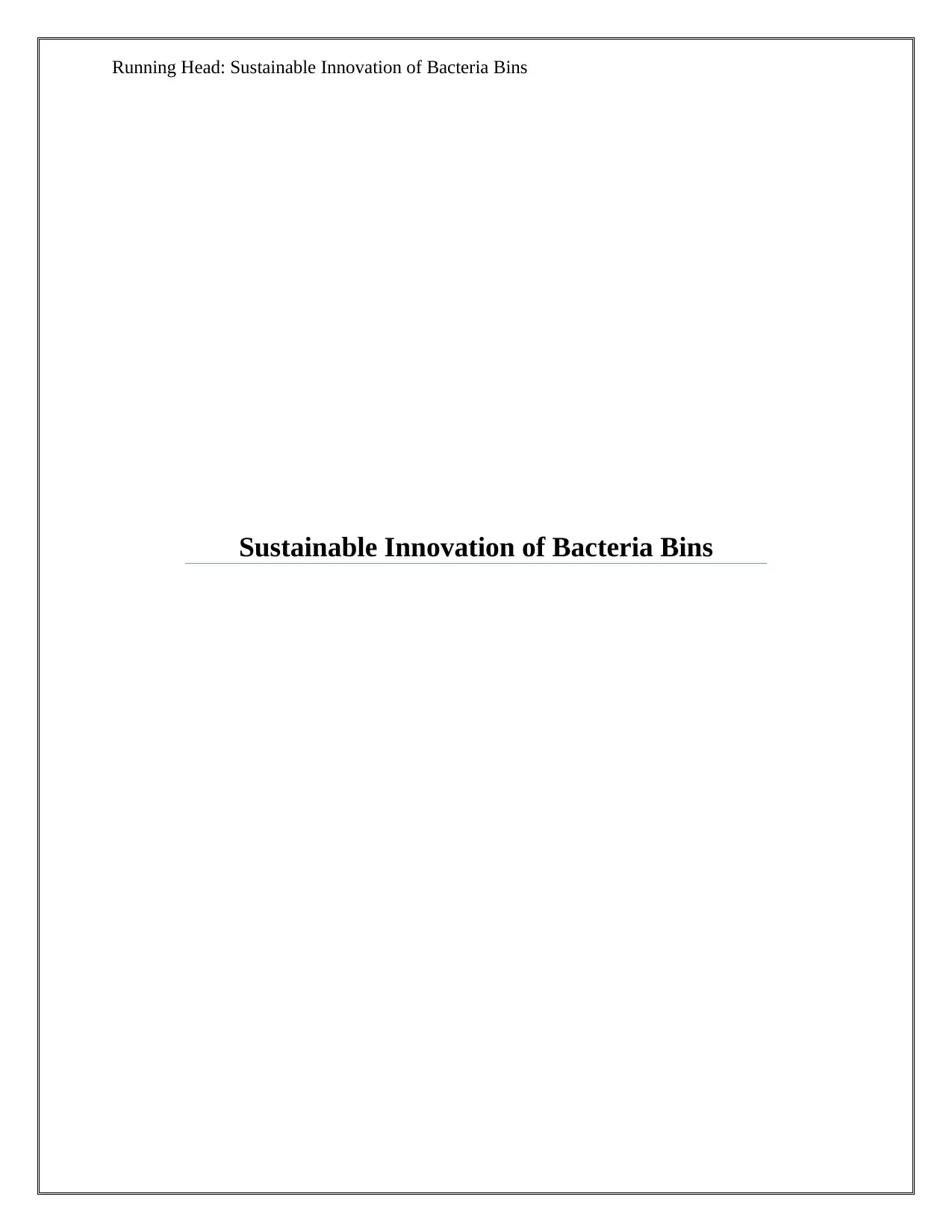
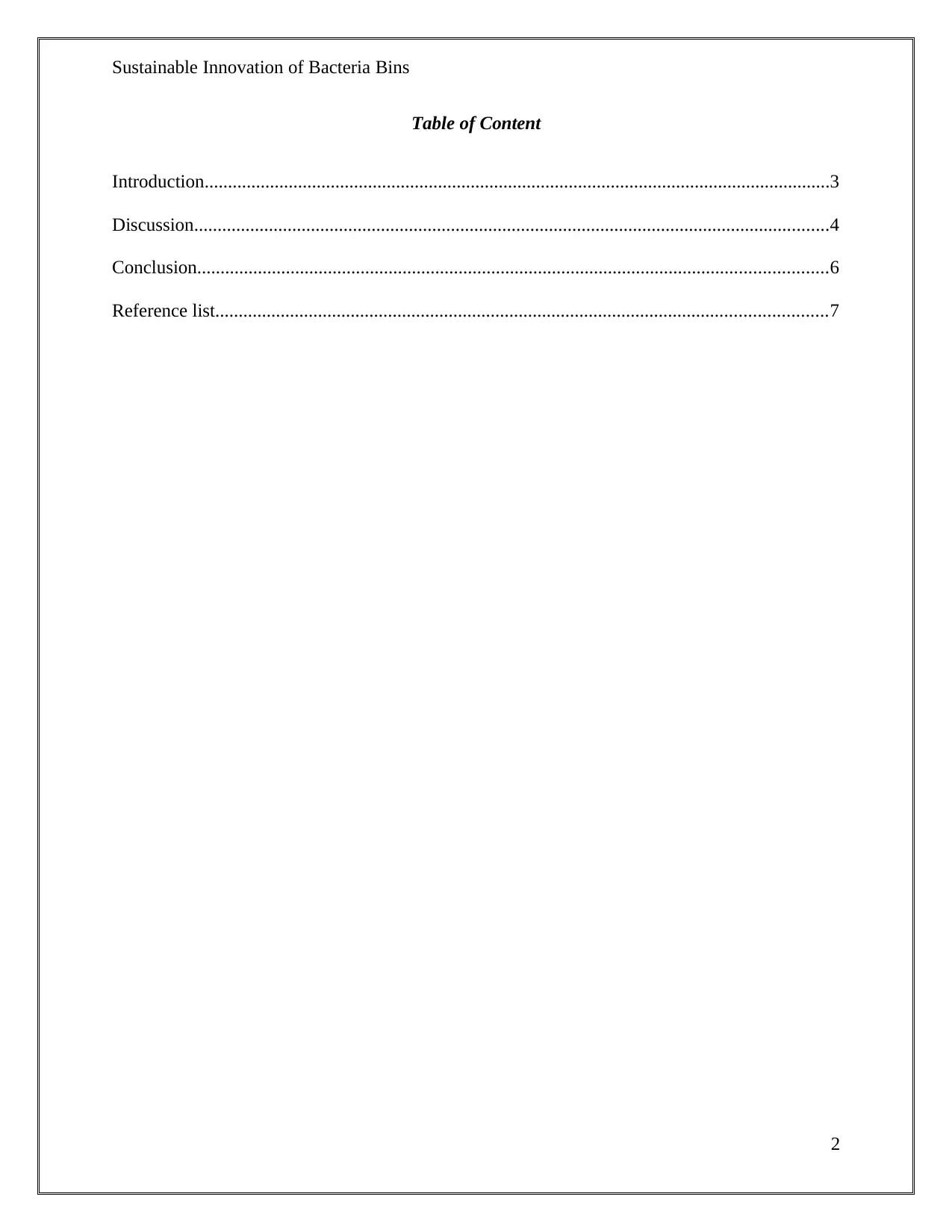
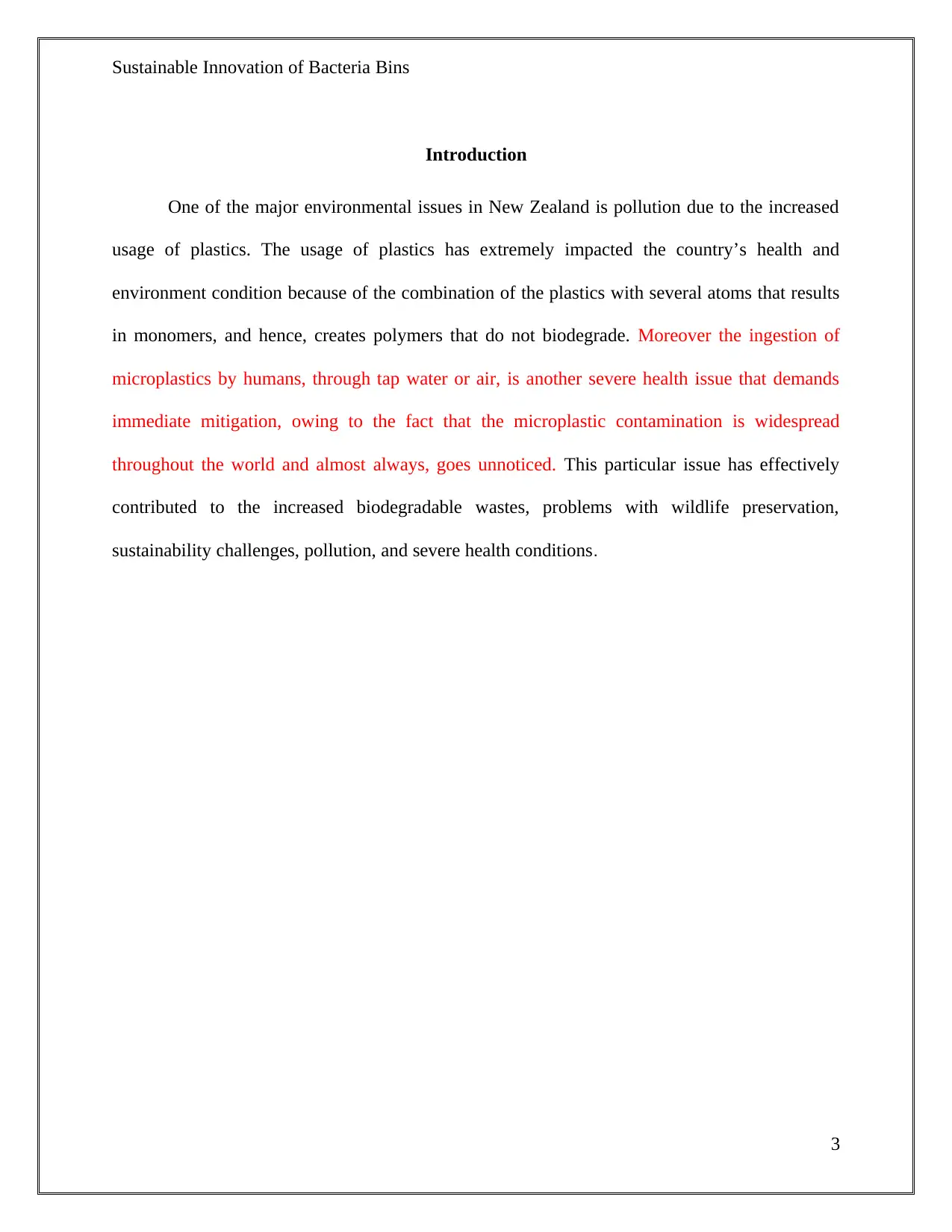

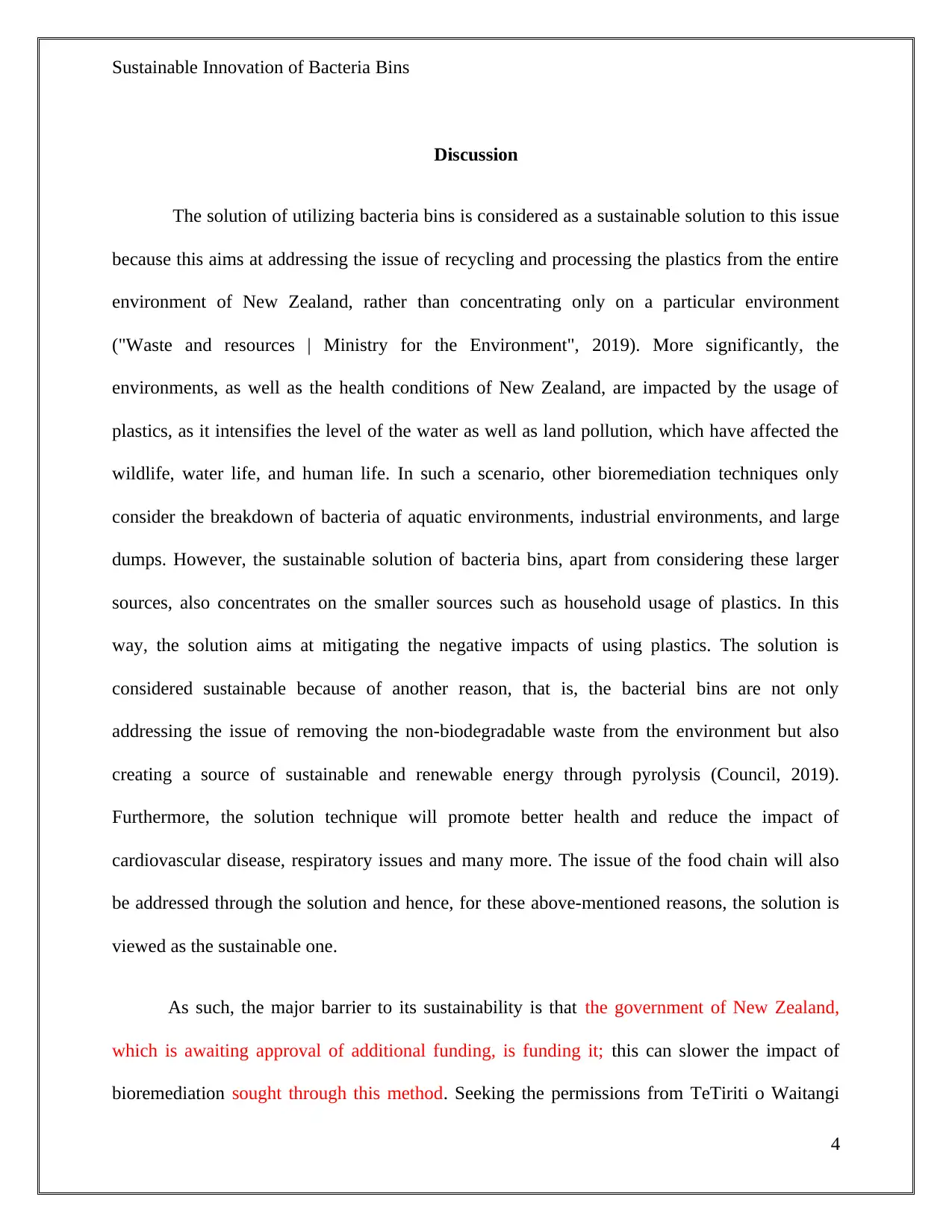
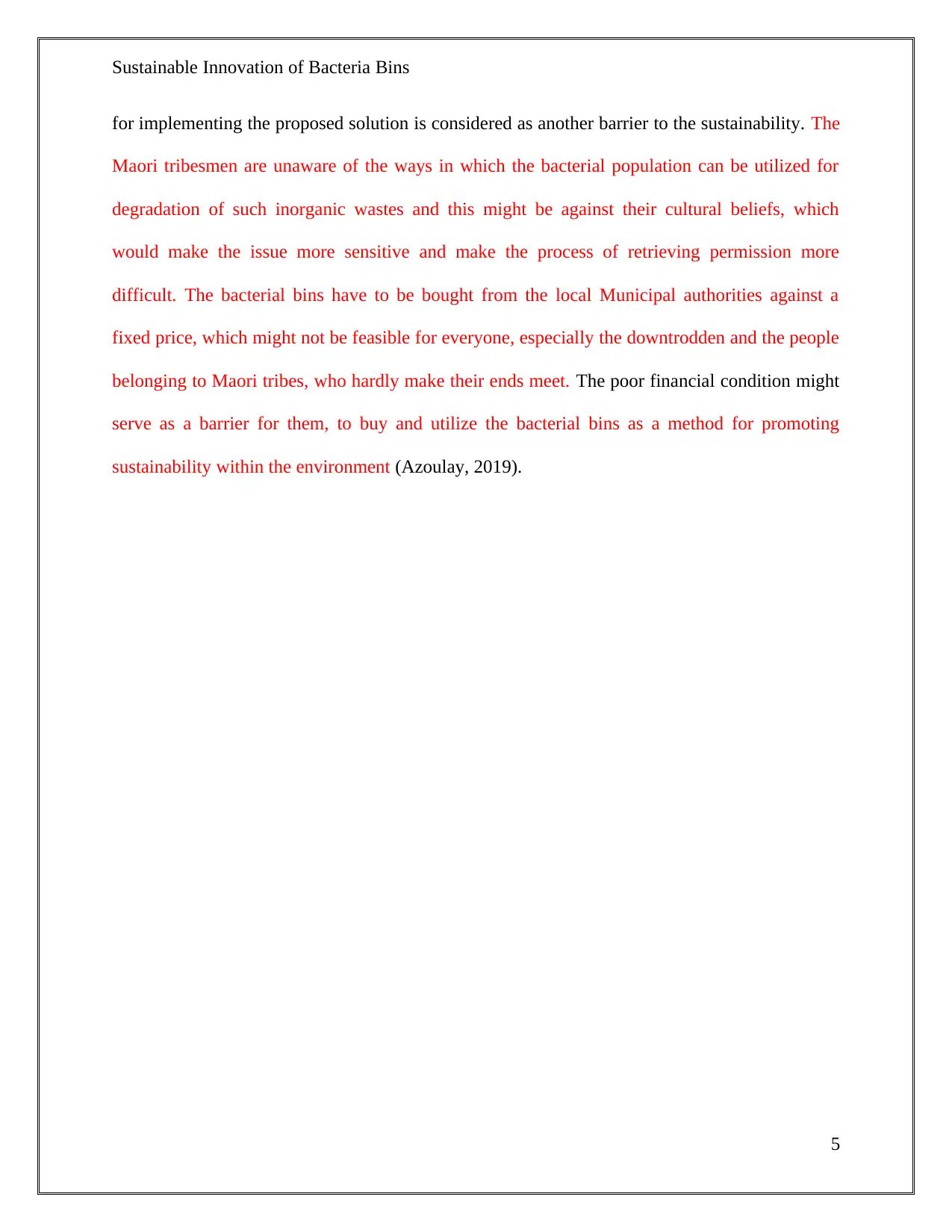
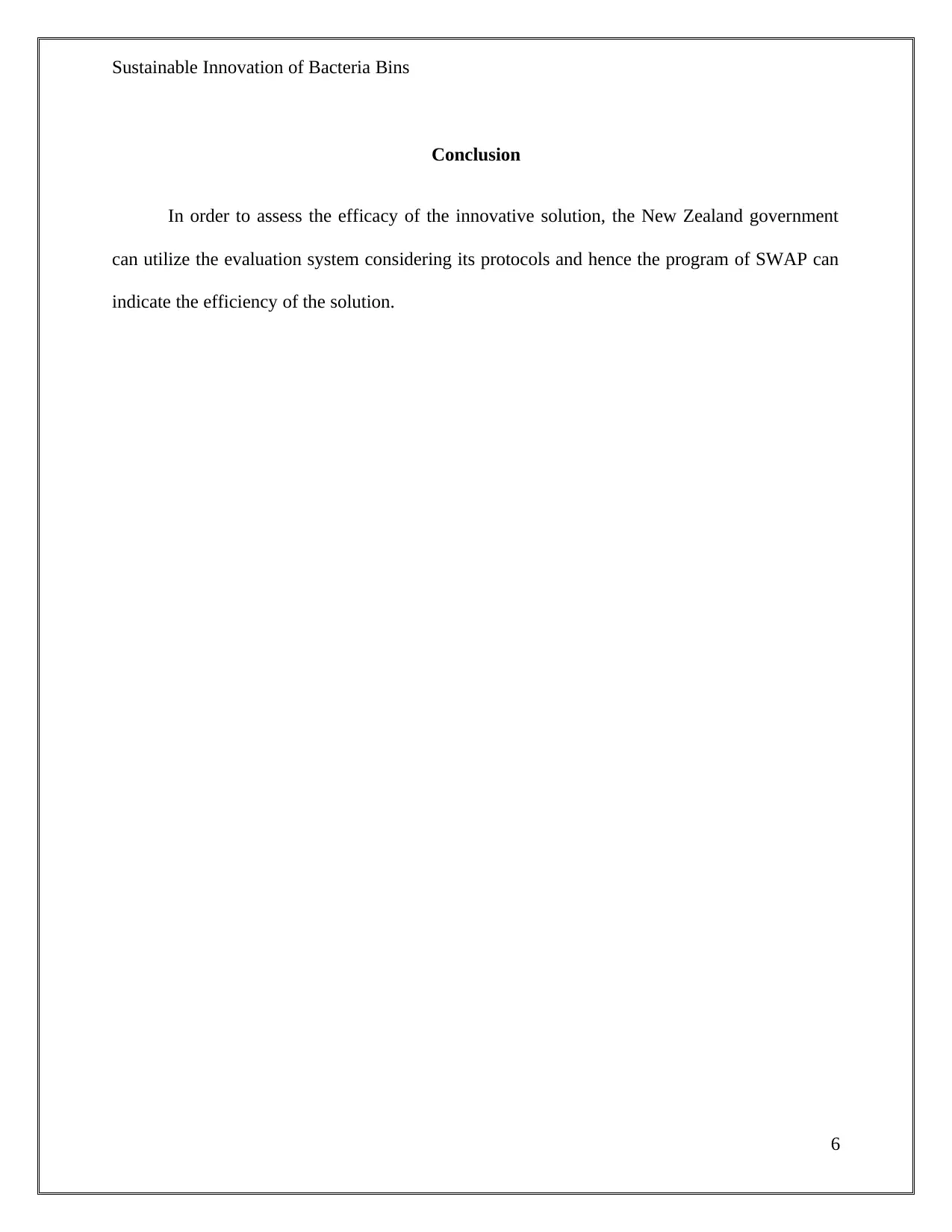
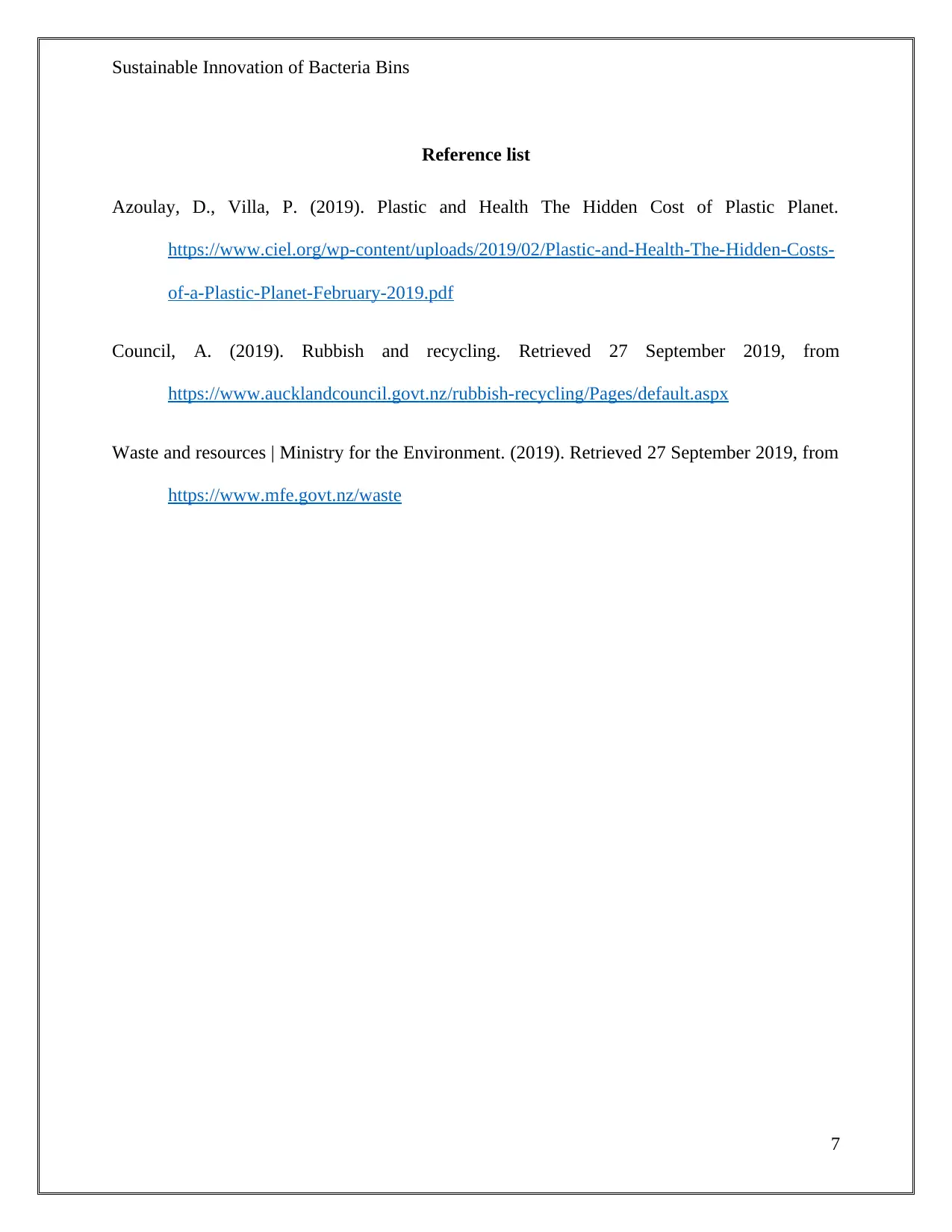






![[object Object]](/_next/static/media/star-bottom.7253800d.svg)